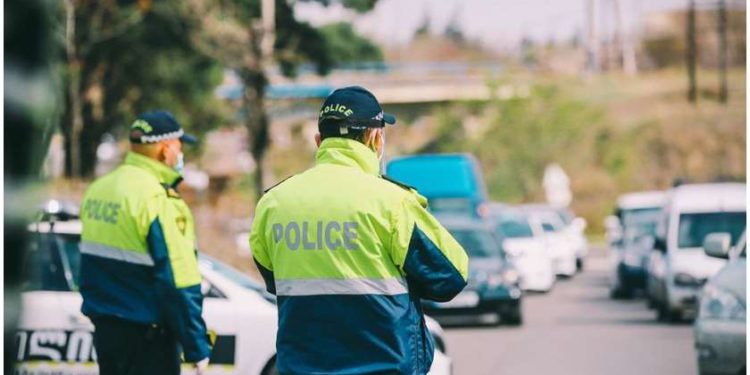Uniform wearing of facemasks becomes mandatory for pupils in grades 5 through 12 at secondary schools of the country. This decision was made by the Inter-Agency Coordination Council led by Giorgi Gakharia, Prime Minister of Georgia at its meeting today.
It was underlined at the meeting of the Council that it is essential to make each step towards easing in a cautious, prudent and sustainable manner so that it does not negatively impact the epidemic situation and does not lead to the reintroduction of voided restrictions. Hence, Council has ruled to continue with the gradual easing of restrictions currently imposed in the country, if the community transfer rate remains under 4%.
In parallel, intensive testing will be maintained so that infected individuals get detected efficiently for scoping the geographic coverage of the virus in various groups of the society.
The importance of proper wearing of face masks and social distancing was once again stressed at the meeting. It was thereby noted that maximum use of facemasks, intensive testing and vaccination are part of these most important measures to facilitate an economic reopening, quick recovery and return to a normal way of life as early as possible. In addition, the unity of the referred measures will enable the country to safeguard the summer season of tourism and hospitality of foreign visitors in a safe environment, which will serve as additional oxygen for the economy.
The Council discussed the logistical and operational matters related to the entry of COVID vaccine to the country, and the performance of negotiations held with international partners and pharmaceutical companies. Georgia will receive the first doses of Pfizer vaccine by the end of February. In line with the National Plan of Immunization, vaccination will start with the healthcare professionals. It was also noted that initially vaccination will be administered only in the hospital sector. In addition, intensive work will be in progress to make sure that the ultimate dozes of the vaccine arrive in Georgia as early as possible. The key precondition for this is recognition by the World Health Organization (WHO) and the international community.
Since the first detection, 263 057 lab-proven cases of COVID-19 have been witnessed in the country, out of which 254 916 individuals have recovered and 3 306 died.
At present, 430 individuals are placed in quarantine, 301 – at clinical hotels and 2 149 – at hospitals, under medical supervision.
Inter-Agency Coordination Council led by Giorgi Gakharia, Prime Minister of Georgia actively engages the Parliament of Georgia chaired by MP Archil Talakvadze and Administration of the President of Georgia.
Based on the decision of the Georgian government, the easing of coronavirus-related restrictions was launched on February 8.
On February 8, the operation of municipal transport was resumed in all cities of Georgia, including Tbilisi. Further, fairs and public markets were reopened.
From February 15, restaurants will be able to serve customers in open spaces.
From February 15, the education process will be resumed in school buildings in all cities of Georgia.
What remains prohibited:
Transport, shopping malls, shops, fairs and restaurants will be closed on weekends;
Fitness clubs, swimming pools, cinemas, entertainment centers, bars, nightclubs will remain closed;
The curfew still remains in force between the hours of 21:00 and 05:00;
No intercity transport;
Large-scale ritual events (weddings, funerals, etc.).














